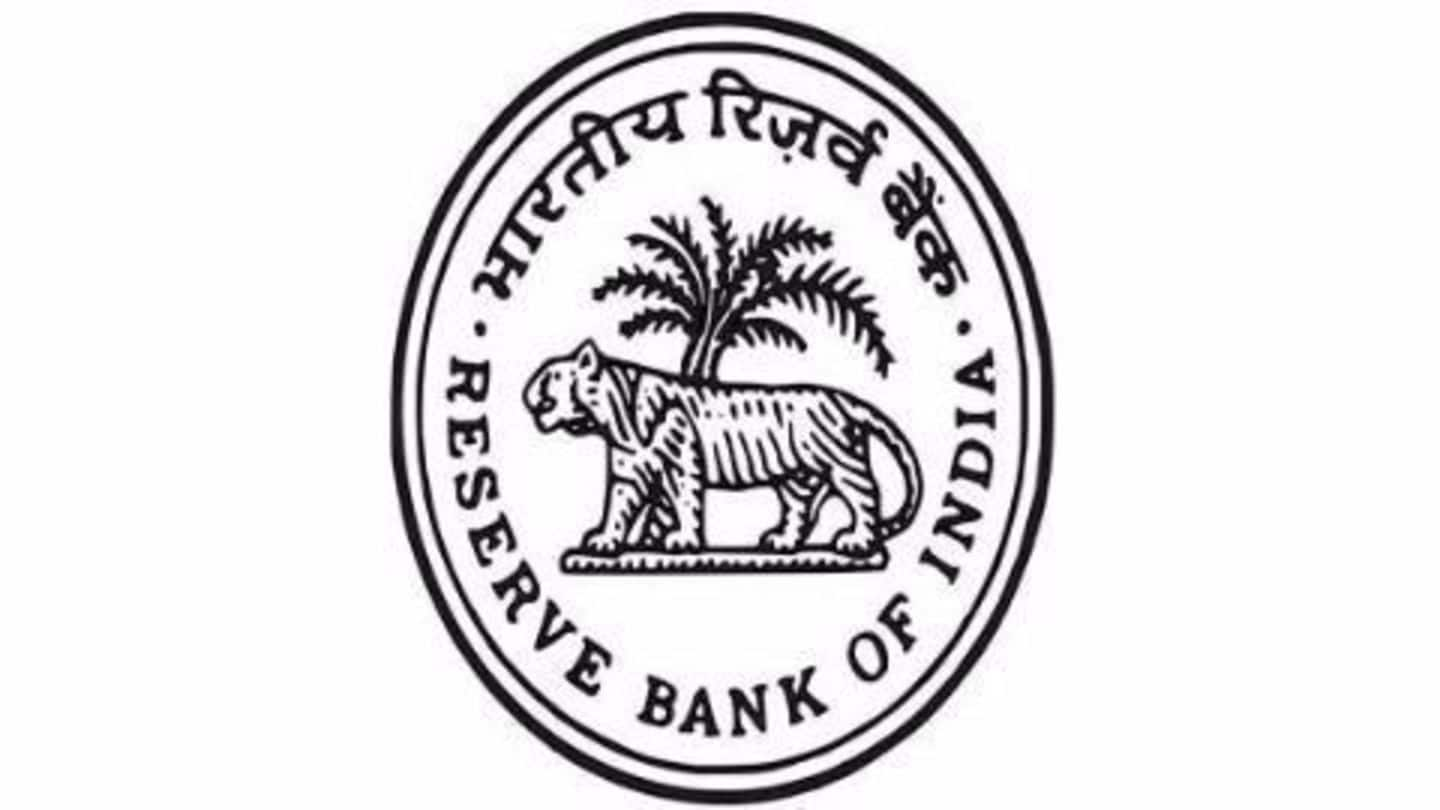
RBI approves 11 payments banks
What's the story
Reserve Bank of India gave nod to 11 entities for setting up non-lending 'payments banks'.
The 11 entities include Aditya Birla Nuvo, Airtel M Commerce Services, Cholamandalam Distribution Services, Department of Posts, Fino PayTech, National Securities Depository, Reliance Industries, Dilip Shantilal Shanghvi, Vijay Shekhar Sharma, Tech Mahindra and Vodafone m-pesa.
Arun Jaitley said such banks will help in reaching out to rural people.
About
What are payments banks?
Payments banks are an outcome of recommendations provided by RBI's "Committee on Comprehensive Financial Services for Small Businesses and Low Income Households" headed by Nachiket Mor.
The objective behind this was to further financial inclusion by providing small savings accounts.
These banks will mainly be used for payments and remittances to migrant labour workforce, low income households, small businesses and other unorganised sector entities.
27 Nov 2014
Who can set up payments bank?
As per RBI guidelines, the initial capital required for setting up a payments bank is Rs.100 crore.
Entities including Non-Banking Finance Companies (NBFCs), corporate Business Correspondents (BCs), mobile telephone companies, super-market chains, existing non-bank Pre-paid Payment Instrument (PPI) issuers, public sector entities etc. are eligible to apply.
Promoter's contribution initially must be 40% for the first 5 years from the commencement of its business.
Functions
What can/cannot payments banks do?
Payments bank can issue ATM/debit cards but not credit cards
The bank would not carry out lending activities.
Demand deposits would be accepted. Customers can deposit and hold a maximum balance of Rs.1,00,000 per individual.
Payments and remittance services through various channels can be done.
These banks can distribute non-risk sharing simple financial products like mutual fund units and insurance products, etc.
Information
RBI releases list of applicants for payments banks
In Feb 2015, RBI released the list of entities which had applied for a payments bank license. The list had 41 applicants including the government-owned Department of Posts or India Post.
Information
In-Principle approval
The 'in-principle' approval granted to the 11 entities by the RBI will be valid for 18 months, during which time the applicants have to comply with requirements under RBI guidelines and fulfill conditions as stipulated by the regulator.